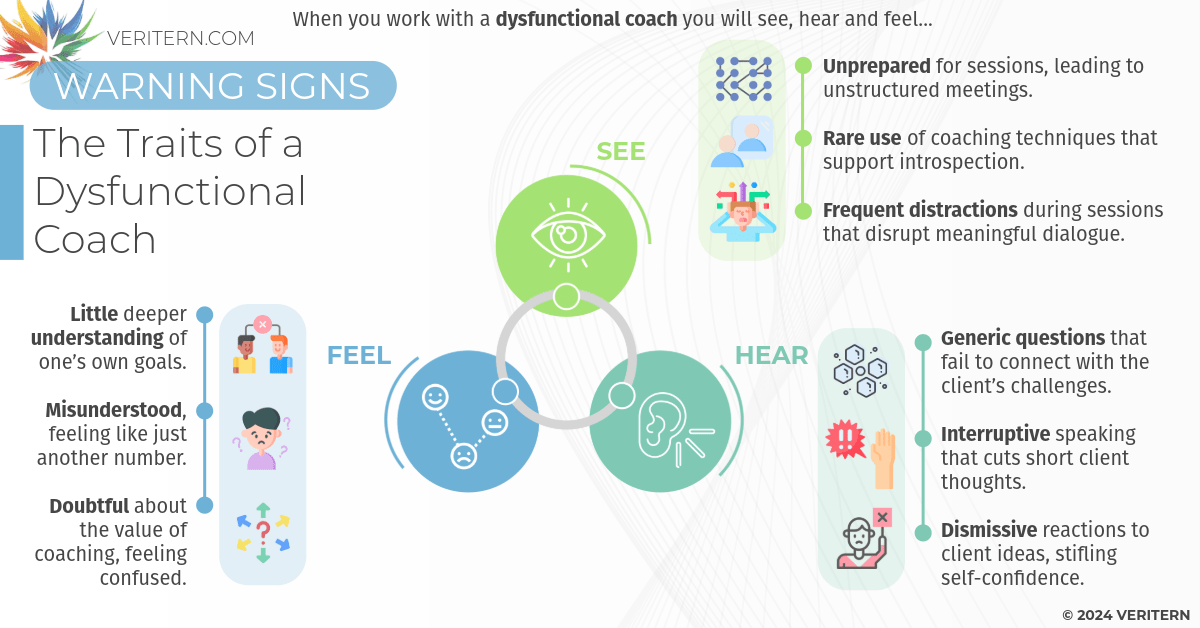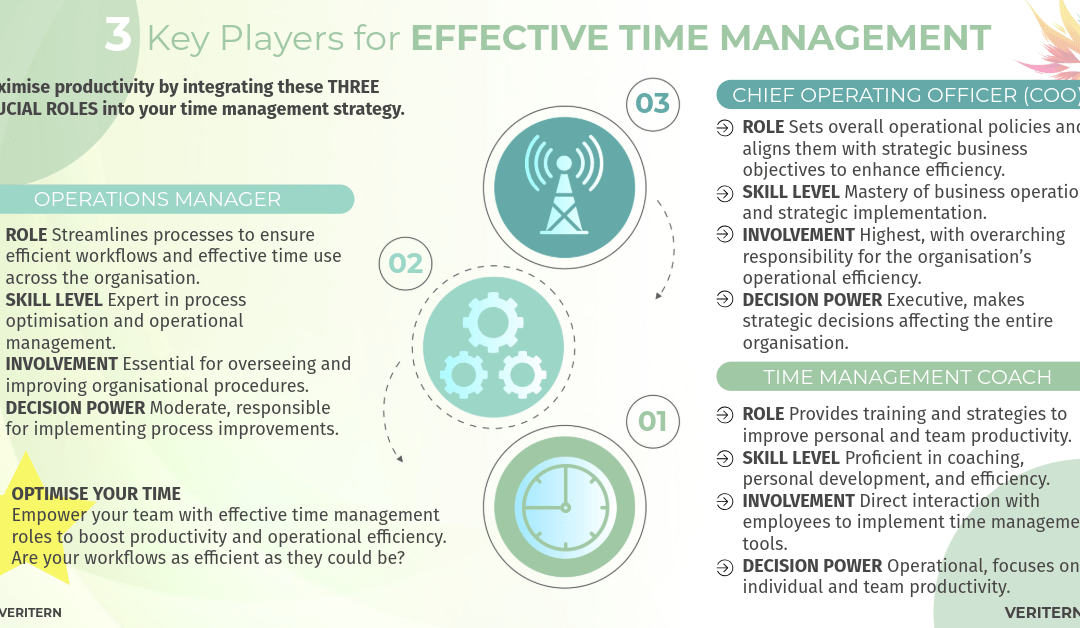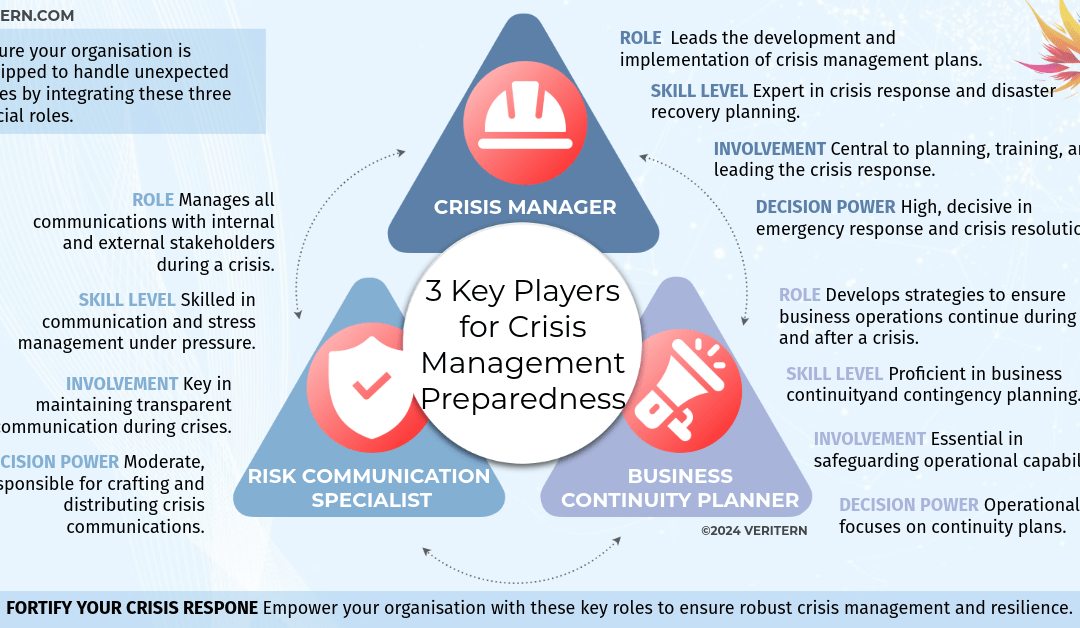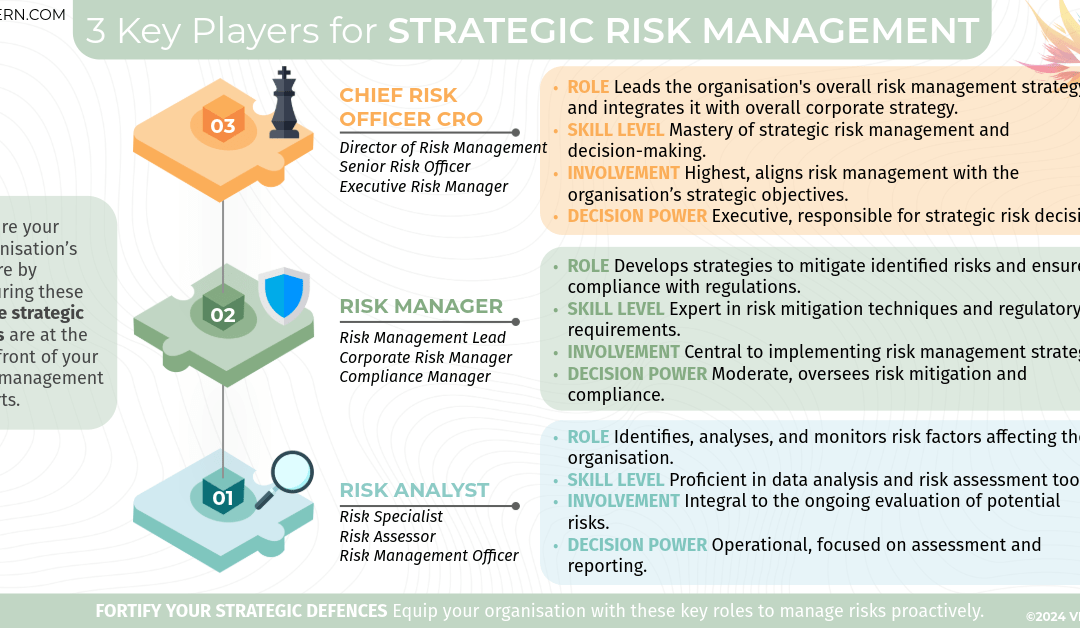Have you ever felt like your coaching sessions are going nowhere? If you’re experiencing more confusion than clarity, it might be time to examine the effectiveness of your coach. Understanding the warning signs of a dysfunctional coach can save you from wasted time and effort, ensuring you receive the support you truly need.
Imagine walking into a coaching session and immediately sensing disorganisation. The coach is unprepared, leading to unstructured and ineffective meetings. A good coach should have a plan tailored to your needs, but a dysfunctional coach often wings it, resulting in sessions that feel more like casual chats than productive meetings.
Have you noticed a lack of useful coaching techniques? A dysfunctional coach rarely uses tools or methods that promote introspection and growth. Instead, sessions are filled with generic advice that doesn’t resonate with your specific situation. Effective coaching involves strategic questioning and tailored approaches, not one-size-fits-all solutions.
Distractions can be a major red flag. If your coach frequently interrupts sessions to take calls, check messages, or engage in other distractions, it disrupts the flow of meaningful dialogue. A committed coach is fully present and engaged, providing a safe space for you to explore your thoughts and feelings.
Let’s talk about what you hear in your sessions. Are the questions your coach asks generic, failing to connect with your personal context? Do they often interrupt you, cutting short your explanations and thoughts? Such behaviour not only stifles your self-exploration but also makes you feel undervalued and unheard. A great coach listens more than they talk, allowing you to lead the conversation.
Negative or dismissive reactions are detrimental to your progress. When a coach reacts poorly to your ideas, it stifles your confidence and willingness to explore new possibilities. Coaching should be a positive, affirming experience where you feel safe to express yourself without fear of judgement.
Now, let’s consider how you feel during and after your sessions. Do you leave with a deeper understanding of your goals and challenges, or do you feel more confused and uncertain? A dysfunctional coach often leaves clients feeling misunderstood and overlooked, like just another number in their schedule. You should feel valued and supported, with clear insights and actionable steps to take.
Imagine a coaching space that mirrors the chaos of your mind. Visualise a disorganised environment, where the coach is constantly distracted and not fully engaging with you. Picture a foggy road or a maze, symbolising the confusion and lack of direction you feel during these sessions. This is what dysfunctional coaching looks like – a journey without a clear path.
On the contrary, effective coaching is structured, engaging, and transformative. It’s a partnership where you feel heard, understood, and empowered to achieve your goals. If your coaching experience doesn’t match this description, it’s time to reconsider your choice.
Don’t settle for less than you deserve. Evaluate your coaching experience critically. Are these warning signs present? If so, it’s time to find a coach who truly supports your growth.
Take action today – assess your coaching relationship and ensure it’s leading you toward clarity and success.






0 Comments